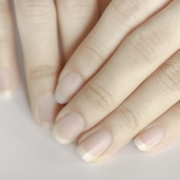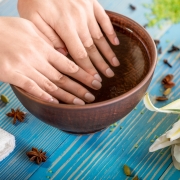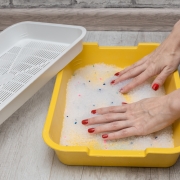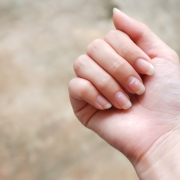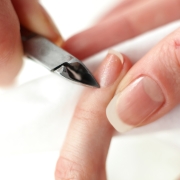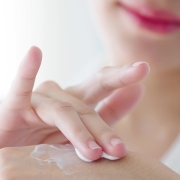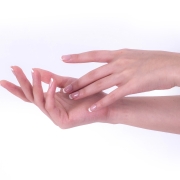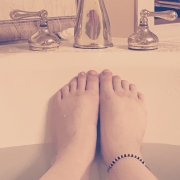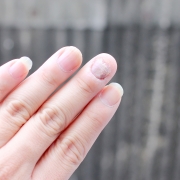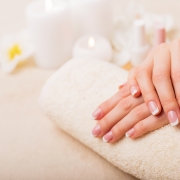White Nails
Nails are often considered a window into our overall health, and any changes in their appearance can be a sign of underlying issues. White nails, characterized by a pale or milky color, can be concerning and may indicate various health conditions. In this article, we will explore the causes, symptoms, and care tips associated with white nails.
Leukonychia:
One common cause of white nails is a condition known as leukonychia, which refers to the presence of white spots or streaks on the nails. These spots are often caused by minor trauma to the nail matrix and are usually harmless. However, persistent or recurring leukonychia could be a sign of fungal infections, allergies to nail products, or other underlying health issues.
Fungal Infections:
Fungal infections, particularly those caused by the fungus Candida, can lead to white, discolored nails. The infection can result in not only white spots but also a thickening of the nail and changes in its texture. Keeping nails clean and dry, avoiding prolonged exposure to moisture, and using antifungal treatments can help manage and prevent these infections.
Nutritional Deficiencies:
White nails can be a manifestation of nutritional deficiencies, especially low levels of zinc or iron. Insufficient intake of these essential minerals can affect the nail matrix, leading to changes in color and texture. A balanced diet rich in vitamins and minerals is crucial for maintaining healthy nails. If a nutritional deficiency is suspected, consulting with a healthcare professional for appropriate supplements is recommended.
Liver Disease:
White nails can also be associated with liver diseases, such as hepatitis or cirrhosis. The liver plays a vital role in maintaining overall health, including the health of nails. Liver-related white nails are often accompanied by other symptoms, such as jaundice (yellowing of the skin and eyes), fatigue, and abdominal pain. Seeking prompt medical attention is crucial for an accurate diagnosis and appropriate treatment.
Anemia:
Anemia, a condition characterized by a deficiency of red blood cells or hemoglobin, can cause pale or white nails. This is often accompanied by other symptoms like fatigue, weakness, and pale skin. Iron-rich foods or iron supplements, as advised by a healthcare professional, can help address anemia-related nail discoloration.
Care Tips for White Nails:
Maintain Good Hygiene, Regularly clean and trim your nails to prevent the accumulation of dirt and bacteria.
Moisturize, Keep your nails and cuticles moisturized to prevent dryness and brittleness.
Protect Your Nails, Wear gloves when engaging in activities that may expose your nails to harsh chemicals or excessive moisture.
Balanced Diet, Ensure your diet includes a variety of nutrients, including vitamins and minerals essential for nail health.
Consult a Professional, If you notice persistent changes in your nail color or texture, seek advice from a dermatologist or healthcare provider for a thorough evaluation.
White nails can be a result of various factors, ranging from minor issues like leukonychia to more serious health conditions. Paying attention to changes in your nail color, along with maintaining good nail care practices and seeking professional advice when needed, can contribute to overall nail health. Remember that your nails can serve as a valuable indicator of your well-being, and any concerns should be addressed promptly for proper diagnosis and treatment.



